Organic food continues to gain popularity mainly due to the preconception that they are healthier and safer to consume. However, they may be difficult to obtain and are considerably more costly than ordinary produce. Can you grow your own organic vegetables? If so, do you need organic seeds? Read on and find out what our research revealed regarding your concern.
The term "organic" refers to the method, or system, vegetables are grown and processed—not necessarily the produce's composition. While raising vegetables from organic seeds is ideal, you have the option to use conventional seeds and still grow raise organic vegetables.
If you are considering incorporating organic vegetables into your yard, the article includes pertinent information regarding the subject, including:
- What are organic vegetables?
- How they differ from the regular variety
- Advantages, and how to start your own organic garden
Organic Farming: A Healthier Alternative
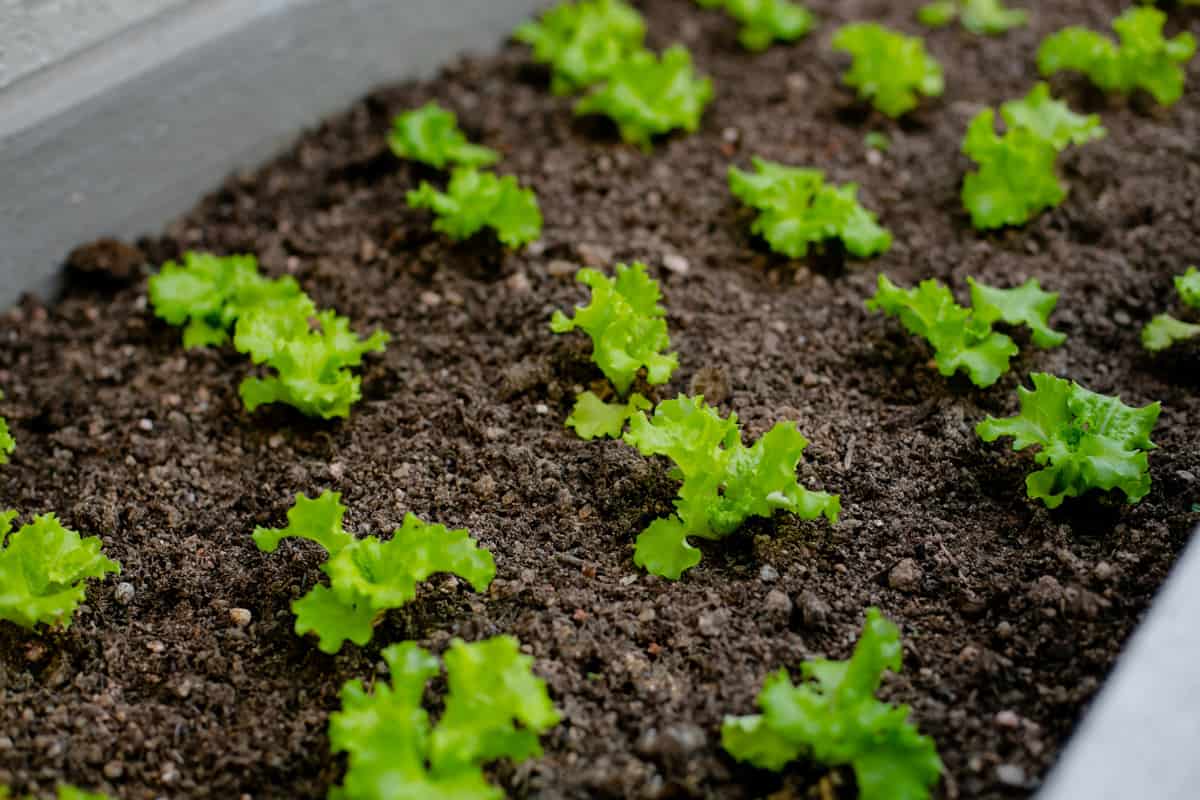
Organic farming, as opposed to conventional agriculture, refers to the way vegetables and other produce are grown and processed. The main principle behind the system is environmental protection through improving soil and water quality and minimizing contaminants.
Organic crops are naturally amended by compost, mulch, and animal manure. This practice prevents the harmful deposits associated with continued and prolonged synthetic fertilizer use.
The essential microorganisms and other beneficial soil inhabitants, like earthworms, are preserved to maintain the subterranean ecosystem.
Plants are rotated to preserve soil quality and integrity since vegetables and other crops are sowed in alternating locations. The soil nutrients are not depleted and the sowing ground is naturally replenished by rain, air circulation, biological organisms, and sunlight.
Organically grown produce is not amended by synthetic fertilizers, treated with pesticides, exposed to irradiation, nor subjected to genetic manipulation. Pesticides leave toxic residues, and the potent chemical ingredients are absorbed by plants.
Inasmuch as irradiation proves safe, it may alter the chemical composition of vegetables and lower their nutritional value.
Are Organic Vegetables Healthier And Safer?
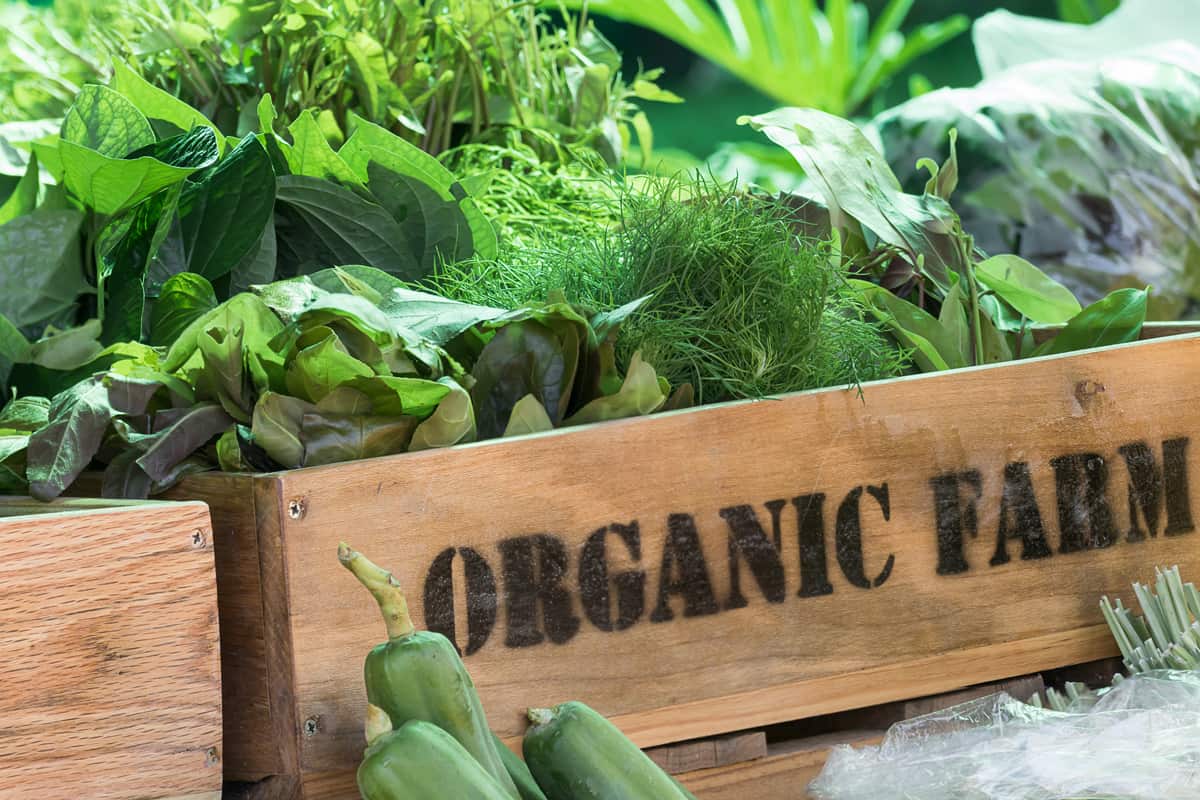
Studies have shown the increase of some nutrients in organically grown vegetables, such as flavonoids and antioxidants. However, there is little difference in the overall potential health benefits when compared to conventionally farmed produce.
Organic vegetables are definitely safer to consume because of the absence of harmful chemicals. Pesticide residue found in regularly grown crops is proven to cause mild health issues, from skin irritation to more severe symptoms like convulsions, coma, and even death.
Certain synthetic fertilizer ingredients, such as nitrates, can cause poisoning. Unfortunately, they are present in most compounds widely used in agriculture.
Although nitrates are present in small amounts in ingested produce, improperly washed or prepared vegetables may contain undissolved granules. Accidental ingestion can cause dizziness, fainting, shortness of breath, and stomach upset.
Check out Sereniseed Certified Organic Vegetable Seed on Amazon.
Why Is Organic Food More Expensive?
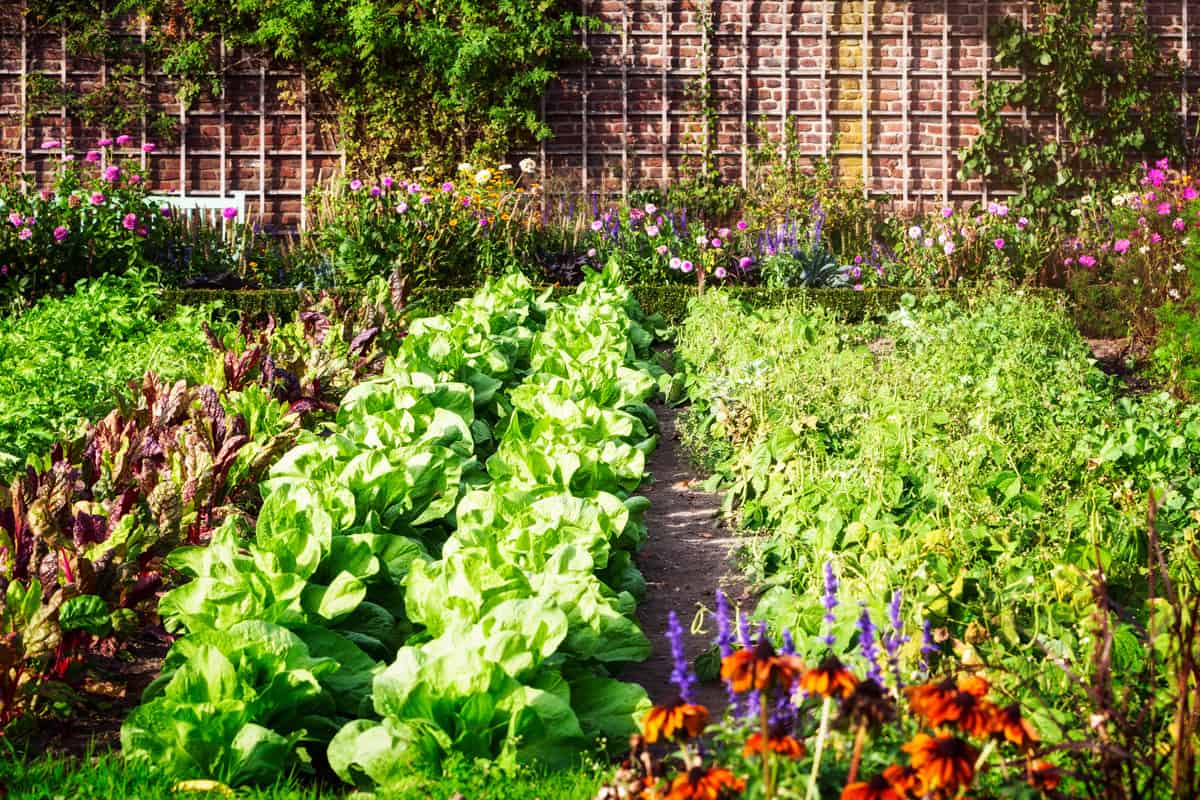
More people are inclined to consume organics but are generally deterred by the cost.
The primary reason for the expense is time. Organically grown crops are not treated with fertilizers and amendments that make conventional vegetables mature faster for harvest. An organic plant is allowed to develop naturally.
More manpower is needed to monitor the vegetation and manually remove any form of infestation since pesticides aren't used.
For the same reason, organic farming is often reduced and executed on a smaller scale. The increasing demand further affects the cost since production cannot be accelerated.
There are laws that govern organic products sold commercially, and it is costly to maintain certification. The materials and natural ingredients used in organic farming are monitored and regulated based on USDA requirements, which means they are of higher quality and hence, more expensive.
How To Start Your Own Organic Garden
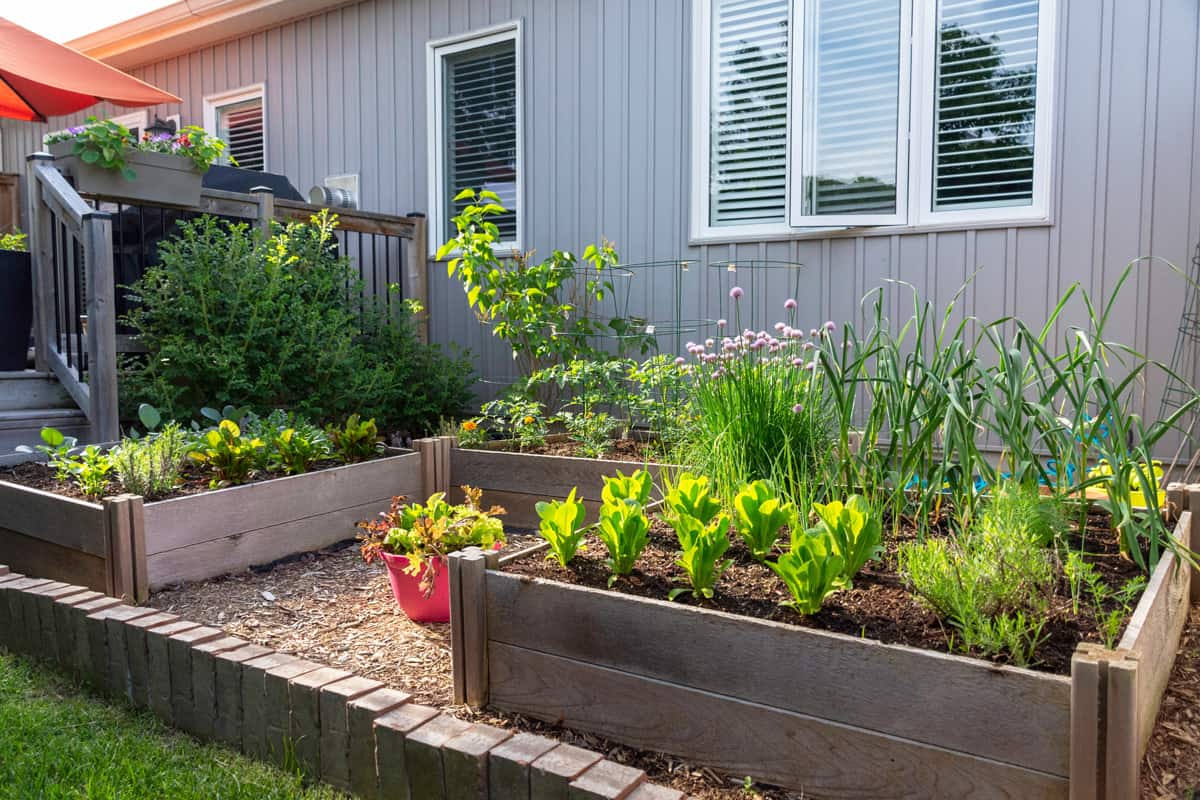
To begin an organic garden, start simply by:
- selecting the vegetables you intend to grow and starting a nursery,
- picking a good location,
- amending the growing medium,
- planting the seedlings,
- and lastly, properly tending for and maintaining your garden.
Start A Vegetable Nursery
Before you venture into the garden, start by picking the vegetable seeds you prefer and sprtout them in a nursery.
Prepare an even mixture of loose soil, compost, sand, or perlite and shredded coconut husk in a seedling tray and water the medium thoroughly.
Plant the seeds a few inches apart close to the surface of the soil and put a plastic cover to maintain moisture and regulate temperature. Set the trays aside in a secure place away from direct sunlight.
Depending on the vegetable seeds you sowed, the seedlings could begin to emerge between two weeks to a month.
During this period, monitor the moisture level and do not allow the medium to dry out completely. Avoid overwatering as well so as not to cause the fragile seeds to rot. Gradually increase the exposure to sunlight by placing them near a window or outdoors early in the day.
Pick A Good Location
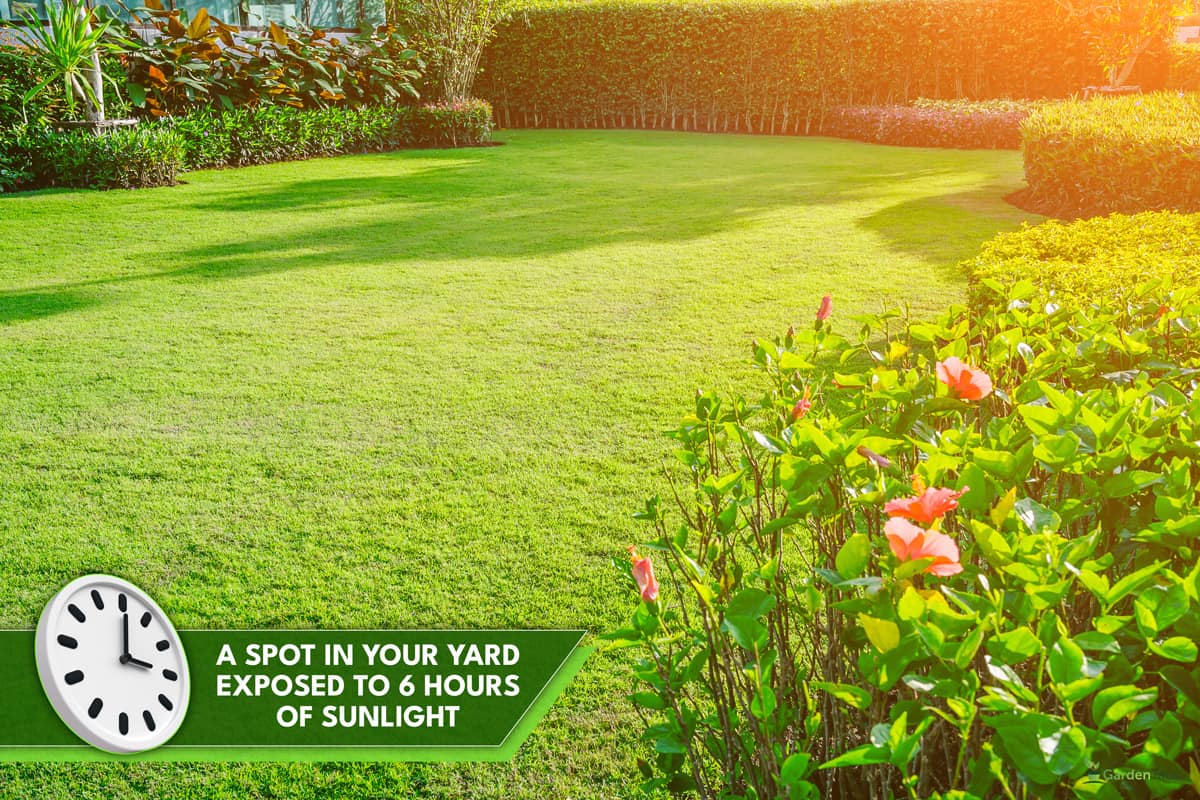
Vegetables need full sunlight to grow, so choose a spot in your yard that is exposed at least six hours a day. Keep the vegetable bed away from trees and other plants to avoid competition for water and nutrients.
Do not plant close to your house, beside tall fences or other structures that could obstruct sunlight for the better part of the day. If you do not have a space large enough to accommodate them in the yard, container planting is always an option.
Amend The Soil
Once you've chosen the ideal site to start a garden, till the topsoil to loosen it and amend the medium with organic materials. Mix the soil with compost, peat moss, coconut coir, and rice hull. Then add sand, perlite, or finely crushed gravel to improve drainage and circulation.
Till the medium several more times prior to planting, so the components are thoroughly mixed. Remove weeds, rocks, and other debris around the area and prepare the framework of an enclosure.
Plant Your Vegetable Seedlings
Once the seedlings have emerged about an inch from the nursery soil, they can be transplanted into the vegetable bed. Dig no deeper than 2-inch holes and position the seedlings gently, making sure the roots are beneath the surface of the soil.
The spacing requirement would vary based on the vegetable you grow, but a minimum of six inches distance on all sides would be adequate.
You can use cold frames or other types of enclosures to protect the young seedlings from the elements until the vegetables become established. If you grow climbing varieties, put stakes and supports prior to transplanting to avoid harming the developing roots.
How Do I Care For My Organic Garden?
Caring for and maintaining an organic garden is different from tending to a conventional one. Using synthetic fertilizers as well as herbicides, pesticides, and other chemical-laden products should be avoided at all costs.
You should focus on watering, mulching, crop rotation, and regular inspection or monitoring of crops as well as manual removal of pests and infected vegetation.
Watering
Proper watering increases crop yield and improves quality. If plants receive adequate hydration, there is enough liquid to facilitate nutrient intake throughout their systems.
Each vegetation requires different hydration requirements. Water the base of the plant occasionally or at regular intervals depending on which variety you are growing. Avoid splattering water on the leaves and stems to prevent plants from being infested with pests and diseases.
Mulching
A layer of mulch will regulate the ground temperature and maintain moisture. Spread grass clippings, wood chips, dried leaves, and other organic materials around your vegetable bed. It is a natural way to prevent the growth and proliferation of weeds.
Crop Rotation
Crop rotation is an agricultural practice that keeps the soil condition optimal for growing vegetation as well as keeping them safe against pest infestations.
It is achieved by planting your plants at different locations in your garden every year. If the same planting site is used every season, nutrients present in the soil tend to diminish. That being said, give the growing medium enough time to recover and replenish.
Monitoring
This is probably the most laborious aspect of organic gardening since you don't use any pesticides, you have to monitor for any signs of infestation and disease. Regularly check for the presence of bugs or insects that feed on the leaves, stems, and fruit.
In some cases, the pests are too small yet vigorous in eating the foliage. Inspect the underside of each leaf if this occurs so that you'd be able to prevent further leaf damage.
If there are any signs of diseases and infestation, such as yellowing of leaves, molds, mildew, and leaf spot, immediately remove the infected parts and dispose of them properly. In severe cases, you may have to get rid of the whole plant to prevent spread and proliferation.
In Closing
Organic pertains to the system vegetables are grown and the environment they are exposed to. Starting your own chemical-free garden does not necessarily imply that organic seeds should be used. Conventional seeds can be planted and grown organically as well.
You might also find these articles helpful:

